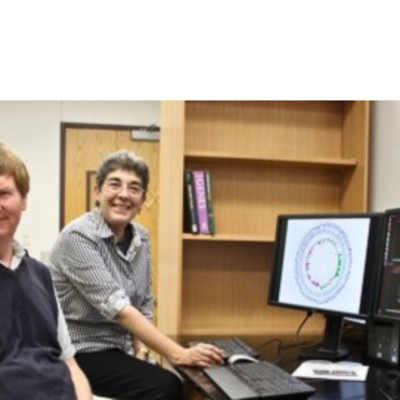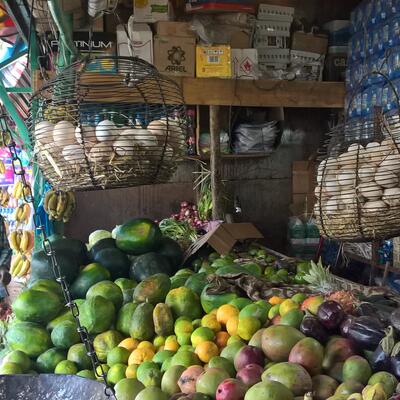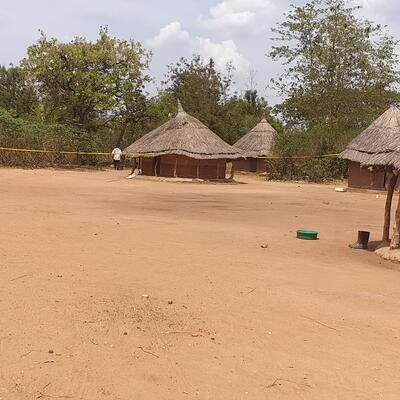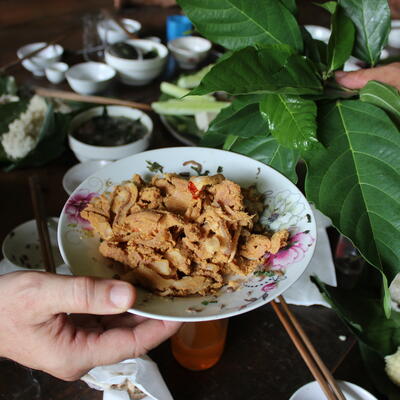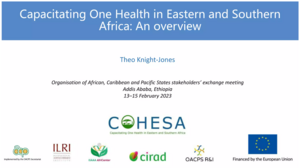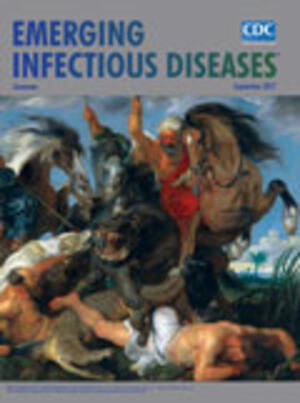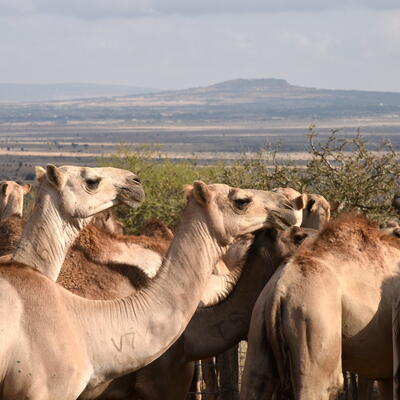
Kenyan agriculturist Su Kahumbu on the need for ‘pro-smallholder’ and ‘pro-soil’ policies
Su Kahumbu with John Njure, a small-scale Kenyan dairy farmer (photo credit: iCow).
TED Fellow Su Kahumbu is one of Kenya’s most authoritative and sustainable farmers. She is the brains behind two social enterprises: ‘Green Dreams TECH Ltd’, an organic farm and service connecting Kenya’s small-scale organic farmers with local markets, and an ingenious farmer education mobile service called ‘iCow’.
Here, in an opinion piece she published in the current issue of the Daily Nation newspaper’s ‘Seeds of Gold’ pull-out magazine, she takes issue with two new dairy and crop laws being considered by the Kenya government.
Harsh punitive regulations are being recommended including fines, jail terms and more for farmers who sell milk at the farm-gate level and use (raw) manure and harvested water to grow crops
‘The recently proposed dairy and crop laws have incensed farmers across the country. Harsh punitive regulations are being recommended including fines, jail terms and more for farmers who sell milk at the farm-gate level and use (raw) manure and harvested water to grow crops. Farmers are being punished for doing what farmers do.
Government documents show that agriculture is the mainstay of the Kenyan economy, directly contributing 26 per cent of the GDP annually, and another 25 per cent indirectly.
The sector accounts for 65 per cent of Kenya’s total exports and provides more than 70 per cent of informal employment in the rural areas. Clearly, the sector is not only the driver of Kenya’s economy, but also the means of livelihood for the majority of the Kenyan people.
The regulations, therefore, have incensed many of us. And if we ever were the backbone of the nation, the nation now has a crippling backache.
‘The rules state that raw milk consumption and raw manure use on crops can be dangerous to the consumer. This is true [but] . . . . [O]nly 20 per cent of the milk produced in Kenya from the dairy herd of 3.5 million cows, reaches the processors. The rest is consumed and traded in the informal markets. . . .
‘If the problem is poor milk hygiene, poor quality, livestock diseases and aflatoxin, it makes sense to find out where these ills originate from and why.
‘Once we have mapped out the causes, we should then engage farmers, feed producers, consumers, regulators and other stakeholders in designing farmer-friendly, supportive and respectful measures to solve them. After which we can then embed these quality assurance processes and systems along the informal value chain.
‘Possible solutions for farmers may include annual brucellosis vaccinations of all cows, training on milk hygiene and training on consumer rights. Extension providers could administer the milk tests and trainings as well as log the milk quality assurance records into a national database.
‘Traders could also benefit from the same training as farmers on milk hygiene, quality and consumer preferences, whilst feed producers could be required to test and condemn aflatoxin riddled feeds. . . .
‘Regarding the use of raw manure, the government has often pledged to promote sustainable food production systems with particular attention to increasing soil fertility, agro-biodiversity, organic methods and proper range and livestock management practices.
‘Yes, our government has until now supported the use of manure. . . . Composting of manures and crop wastes results in the growth of our soils and should be widely encouraged. . . .
‘The knock-on effect of poor soils is colossal and a huge economic burden to any country. All food chains depend on soils. Soil fertility is the cornerstone of human health.
The most cost-effective route for smallholder farmers to improve their soil fertility is through adding composted livestock manure.
Going forward, I hope the government will listen to us citizens and is ready to provide a stakeholder platform where we can engage, deliberate and come up with pro-smallholder policies and a pro-soil policy.
‘We are dependent on both. One is the master of the other.’
Read the whole opinion piece by Su Kahumbu: State erred on new milk and crop laws, Daily Nation (Seeds of Gold), 5 Apr 2019.








